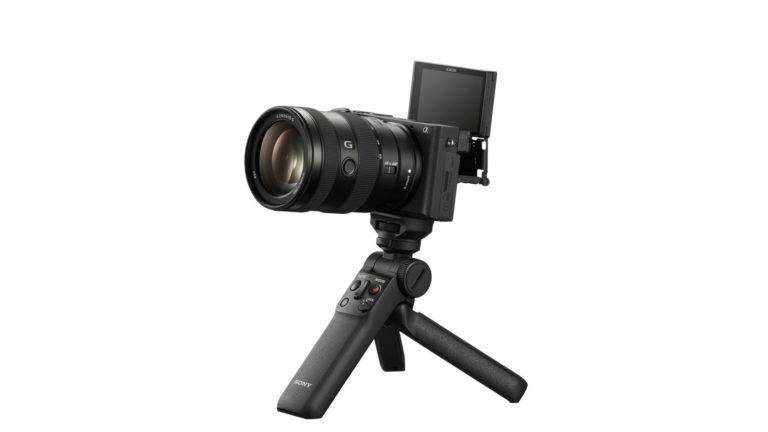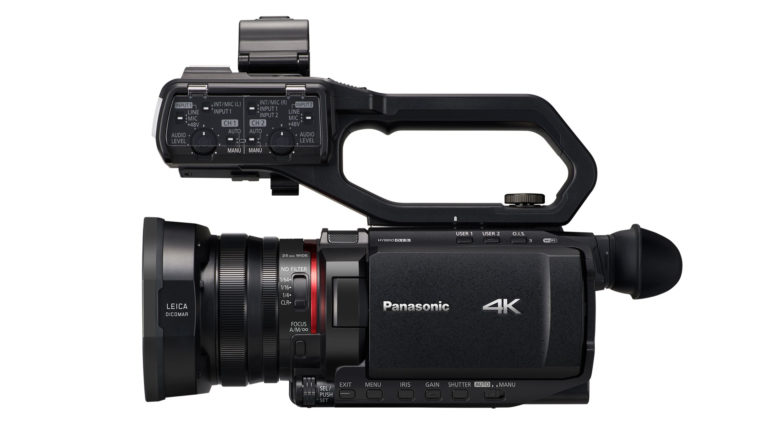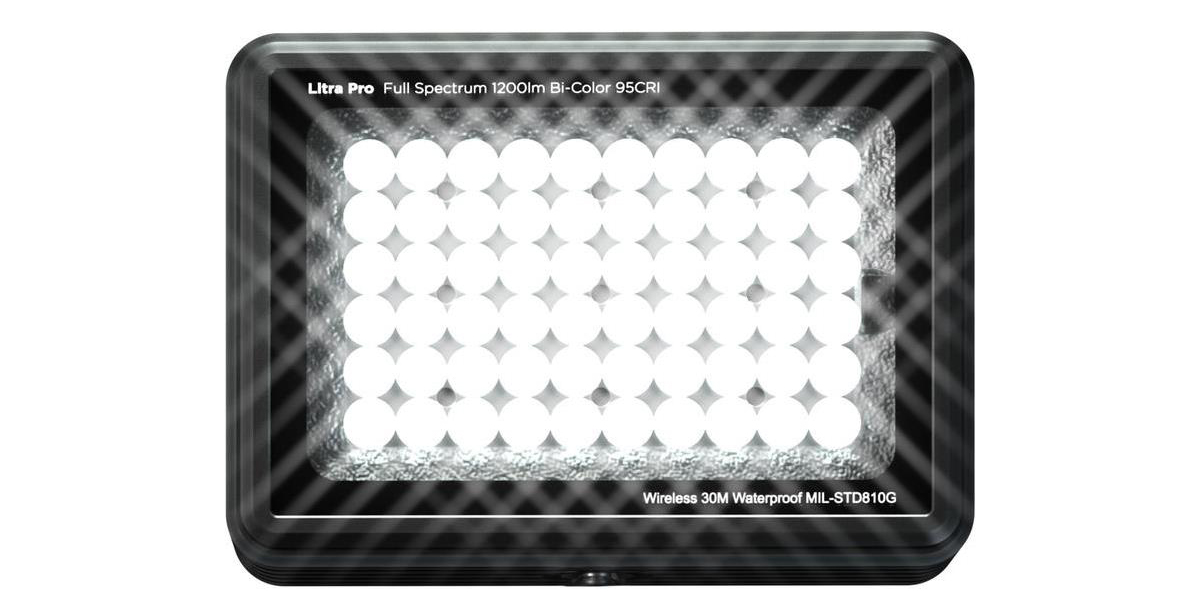Paradoxically, Joseph Kahn is one of the most successful music video directors ever, having made visuals for Eminem, U2, Taylor Swift, Kesha, Britney Spears, but a much more low-profile filmmaker. After an unhappy experience with Warner Brothers on his first feature, Torque, he decided to self-finance his next two films, Detention and Bodied. Bodied sometimes adopts the flash of his recent videos for Swift and Kesha, as when muzzle flash shows up on screen when battle rappers get off particularly cutting lyrics, but it places more of an emphasis on the screenplay by real-life Canadian rapper Alex Larsen/Kid Twist. (Kahn and Larsen wrote the story together.) Bodied follows Adam (former Disney star Calum Worthy), a painfully woke college student writing a thesis on the use of the N-word in hip-hop as he goes from observing the battle rap scene to becoming a rapper himself. While the film has something to offend almost everyone and it’s clearly proud of that, there’s much more to it than political incorrectness for its own sake: it shows how Adam benefits from turning his back on the politics he claims to espouse and screwing over people of color. YouTube opens it theatrically in partnership with Neon today and will start streaming it Nov. 29.
StudioDaily: How close is Larsen to the character in the film? If it’s at all autobiographical, he seems to have a great sense of humor about his experiences.
Joseph Kahn: It’s not really autobiographical. There are pretty big differences between Kid Twist and Adam, but it’s mostly based on his experience. It’s an amalgamation of stories from the battle rap world.
In the battle rap scenes, the characters often literally get in each other’s faces and yell insults at each other. There’s a lot of ambiguity about what they really think of each other, which is heightened in the final 20 minutes. How did you bring that out when you directed the actors?
It was all in the casting. I found a wonderful actor, Jackie Long, who plays Behn Gryhm. He already came in with this rapping ability, which is actually very hard to find in Hollywood. People think anyone can rap, but it’s actually hard to do it with any cadence. He had a charm to it. Jackie does these really offensive jokes, yet you’re laughing at it. It’s all about personality. Calum had a lot of acting ability and comedic timing. He’s a good, accomplished actor, but he was one of the worst rappers I had ever seen audition when he walked through my door. And it’s a testament to what an amazing actor he is that he studied rapping for a month and what you see on screen shows that he can rap. You may as well give him an Oscar now.
Well, his first attempt at rapping begins sounding like he can’t do it and then he manages to convince you that he’s good at it in the middle of a single verse.
That’s a very critical thing. It’s a wonderful moment of revelation where he’s not good at it, then he’s good at it. He unleashes a demon. It’s a tricky part, but he passed with flying colors.

Jackie Long (l) and Calum Worthy in Bodied.
YouTube Originals/Neon
The film can be read as a critique of 8 Mile and Eminem’s success as a white rapper, especially with “My Name Is” playing over the end credits. But Eminem is onboard as a producer, as is his manager Paul Rosenberg. Have you sat down and talked with him about the politics of the film?
He and Paul both know this is the territory that comes with rap. He’s had shots taken at him before. The self-critique part is something he quite liked. He’s always taken shots at himself in his lyrics.
Well, in “White America,” he says “if I was black, I would have sold half.”
Calum’s character is a white guy like Eminem, but they couldn’t be more apart. Eminem comes from a lower-class background. Adam comes from privilege, with a professor for a dad. Eminem had to learn how to rhyme and rap on the streets. Adam went to college and studied iambic pentameter and Russian literature.

Calum Worthy in Bodied.
YouTube Originals/Neon
There’s a very broad sense of humor and a lot of politically incorrect dialogue in the film, but in the end it seems very different from something like Team America: World Police. The film ultimately takes a moral stand instead of simply saying “Everyone’s a hypocrite, don’t take a position.” How much of that was present in the story you wrote?
We had some deep discussions about political correctness and the politics of the day. It was all there in the pre-conception of the movie. If you really look at the movie, as much as it’s about woke culture, racism and misogyny, it’s a fable about empathy. We’re in battle rap mode. All our conversations and politics are extended battle raps. It’s about offending the other person on purpose. It’s a game in modern society.
There’s a certain theatricality to it that your character winds up crossing, where he betrays the private lives of people that he thinks are friends. It’s one thing for people to say racist things when they’re performing, but he ends up betraying the trust that’s placed in him and the film explicitly says “This is wrong.”
It’s a contextual statement about the rules of battle rap and life. There are situations that most people won’t admit, where two friends will say racist things about each other. They know this is not really you. They’re making fun of other people’s perceptions. Or, “this stereotype is true because I know you that deeply.” Often in battle raps, a black guy and white guy will go after each other, saying the most racist things, and then they’ll get a beer together afterwards. In the movie we’re exploring when it shifts from a series of mean but tolerable jokes to something with the power to hurt.
Kahn’s unauthorized “Power/Rangers” debuted on YouTube in 2015.
I was curious about the short you made in 2015, “Power/Rangers.” If you go on YouTube, you can find fan films based on famous TV shows and movies, but they’re usually made for about $10,000 by students or people who are total amateurs. You’re one of the few professional filmmakers who has made a film like that. What was the budget, and what inspired you to make it?
It cost a very good Ferrari. I spent my own cash on it. I was being a cultural Hollywood terrorist, frankly. I knew they would make one of those movies and I wanted to get one of my own out there before they could do one. It would be hard to be more provocative.
How did YouTube get involved in distributing Bodied?
They saw it at a film festival and made an offer on it. A lot of people think it’s a strange place to put Bodied, but several film studios’ executives told me they loved the movie, but said, “Our corporate culture will not allow a movie like this because it’s offensive.” It got turned down by all of the major film festivals except for Toronto. Everyone was afraid of language and being called out as racist. It made sense that YouTube would do it because they’re really the center of free speech. If they’re going to have a premium service, it has to have the same attitude as the rest of YouTube. YouTube has flipped every perception of what media is and allowed someone with the smallest voice to have a big voice. We talk a lot about Facebook, but the reality is that YouTube is the biggest mover of media in the world.
You’ve self-financed both Bodied and Detention. Do you feel frustrated that you have to do this to have control over your films? Do you see an alternate reality where you would have made a lot more features?
The films I’ve wanted to make are not producible in the studio system. No one would make a crazy genre film like Detention in 2010. “Power/Rangers” is an R-rated version of a kids’ TV show. That wouldn’t justify the amount of money that I spent. Bodied is a movie with a bunch of extremely racist and misogynist words flying at you every minute for two hours. These are not movies that can be made in the studio system. But you only live once. I’m fortunate enough to have a career where I make a lot of money, and I want these movies to exist. So I have no choice to fund them myself.
Anthony Michael Hall is one of the few name actors in Bodied. It leaped out at me that a lot of filmmakers would have cast hip-hop stars as the battle rappers.
The performance is more important to me. That’s probably another reason why my movies are unworkable in the studio system. I don’t really care about how to sell them. What’s best for the movie is what matters to me. Jackie Long is the best actor for the role. So is Calum Worthy. I don’t want to cast people who have big names, but aren’t the right people for the movie.
The music video for “Quiet Storm” is a Die Hard pastiche with an unmoving camera.
Going back over your music videos, a lot of them look like attempts to do big-budget genre films in five minutes, like Mobb Deep’s “Quiet Storm” or Muse’s “Knights of Cydonia.” Do you see them as ways of achieving ambitions you have as a filmmaker in music video form?
I am ultimately a frustrated filmmaker, but I take the music video form very seriously in and of itself. The mechanics of constructing music videos are very different from those of constructing movies. There is literally a quantum mechanical view of filmmaking that’s specific to music videos. It’s like the quantum mechanic view of large objects versus small objects. I take music videos seriously in terms of how the images link up and how they move from scene to scene. I also experiment in ways that maybe no one else can see. For instance, “Quiet Storm” is obviously a riff on Die Hard. However, if you watch it, I don’t move the camera at all except for one shot where Prodigy does a cowboy switch backwards. That’s on purpose. Die Hard is a movie where the camera moves around all the time. I wanted to experiment with a video with no camera movement and editing in geometric formations. At the end of the day, when people watch it, they’ll go “Oh, it looks like Die Hard,” but I know what I did. I made it 20 years ago, but my filmmaking in Bodied is now built on that history of experimentation.
Bodied opens today in limited theatrical release. It begins streaming Nov. 29 on YouTube Premium.
Crafts: Shooting
Sections: Creativity
Topics: Project/Case study Q&A directing joseph kahn youtube premium
Did you enjoy this article? Sign up to receive the StudioDaily Fix eletter containing the latest stories, including news, videos, interviews, reviews and more.









